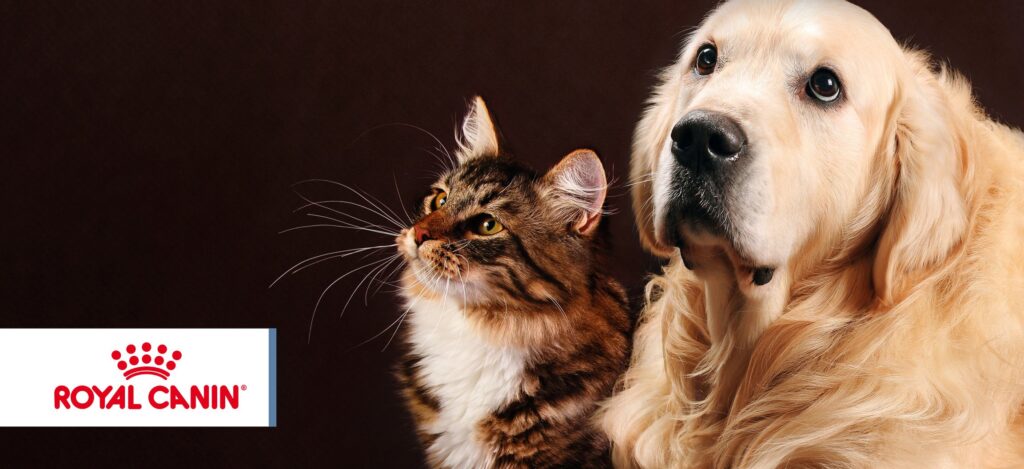
Royal Canin
Purpose
- Since 2017, we have been partnering with Royal Canin, a multi-billion-dollar global premium pet food company, to implement the Economics of Mutuality methodology at the core of its business strategy and operations.
- This has entailed deciphering and enhancing hidden drivers of success that generate holistic value.
- The purpose of the partnership has been to support the company in fulfilling its meaningful challenge of ‘improving the health of cats and dogs’.
Approach
Identifying stakeholders and mapping the ecosystem around the meaningful challenge:
- Leveraging ~8 ecosystem maps across geographies to identify key pain points and gather knowledge relating to ~30 different stakeholder groups including pet owners, healthcare providers, breeders, shelters, government, NGOs, groomers, local businesses, etc.
- Running a 6-country multi-stakeholder survey to quantify and rank stakeholder pain points and establish a robust link between ecosystem health (e.g., pet professionals’ wellbeing and economic viability, trust between stakeholders, etc.) and the company’s long-term performance.
- The Economics of Mutuality enabled the company to surface key barriers to pet health, both physiological (e.g., linked to inadequate nutrition or exercise) and socio-economic and cultural (e.g., digital disruption of vet clinics, owner belief that cats do not need to see vets, etc.).
Designing strategic interventions to address key pain points:
- The company designed multiple programs to address the breakdowns (e.g., tailored nutrition programs, digital platforms for vets such as ‘take your cat to the vet’, etc.).
Using multi-capital metrics to track performance:
- The company is in the process of creating a multi-capital scorecard to track and manage performance in terms of pet health, ecosystem health, and business health.
- Next step: Building a Mutual P&L as an alternative mode of profit construction.
Impact
Non-financial impact:
- Lengthened healthy lifespan of pets with lower disease prevalence.
- Higher trust, job satisfaction, and economic viability within the pet care ecosystem.
- Enhanced internal culture of outcome- and impact-based thinking.
Financial impact:
- Double-digit growth for a decade+ in a low single digit growth market.
Explore Further: Watch Case Study Webinar
Broadcast at the 2020 Oxford Economics of Mutuality Virtual Forum. Featuring Loic Moutault, Royal Canin President, and Yassine El Ouarzazi, Principal of Capabilities & Innovation at EoM Solutions.

Other Case Studies

Read Case Study

Read Case Study

Read Case Study
Other Articles
Asia Economics of Mutuality Forum 24-25 April 2024
Korean and global leaders in business, academia, government, and civil society will gather at Hanyang University in Seoul, South Korea, to launch the inaugural Economics of Mutuality Foundation and Hanyang University’s Global Forum on the role of business and investing in society. The event will take place from April 24 to 25, 2024. The two-day event will include addresses by Professor Colin Mayer, former Dean of Oxford University’s Said Business School; Chairman Moon Kook Hyun, President of the New Paradigm Institute and former CEO of Yuhan-Kimberly, and Dr. Jay Jakub, the Executive Director of the Economics of Mutuality Foundation, and co-author of the book, “Completing Capitalism.” The event will highlight the roles of academia, corporations, investors, family offices and entrepreneurs in creating an ecosystem of mutual value co-creation by how companies deploy their capital in society.
Oxford Virtual Executive Education Program 2 May – 20 June 2024
Driving Impact Through Mutual Value Creation, an 8-week online course brought to you by Oxford University’s Saïd Business School and the Economics of Mutuality team, will equip you to walk the talk of Stakeholder Capitalism.
Nordic Economics of Mutuality Forum October 15-16
The first Economics of Mutuality forum to be held in Scandinavia, this event taking place October 15-16, 2024 will be hosted by Brandinnova, the Center for Brand Research at the Norwegian School of Economics (NHH), Jæren Sparebank, and the Economics of Mutuality Foundation.
How Witnessing an Economy of Greed Led Me to Pursue an Economy of Good
Tony Soh is CEO of the National Volunteer & Philanthropy Centre (NVPC) in Singapore. In this interview, he tells us how his experience of the global financial crisis led him to search for better ways of doing business. A graduate of the Oxford Economics of Mutuality Virtual Executive Education Program, he is working to build a movement around corporate purpose in his city



